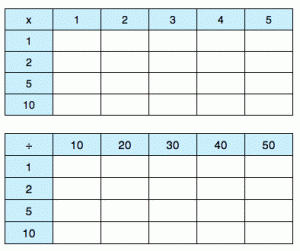10 Reasons Why I Am Opposed to Workbooks
A Pedagogical Manifesto
by R. M. Berkman
1. Workbooks do not promote interactions between children. Instead, the child works silently by him/herself, with no one to share ideas.

Lovely cover, but what about the drek inside?
2. Workbooks do not promote interactions between the teacher and the student. The child receives no feedback for extended periods of time, and only at the conclusion of the page does he/she find out if she did it correctly from the teacher, who checks an answer key. If the child did the page incorrectly, the entire time that could have been better used for instruction was wasted.
3. Workbooks do not promote interaction between the child and the material being studied. The child is asked a question, and when the child responds, the workbook offers no feedback. It is an impersonal way to accomplish a task.
4. Workbooks are repetitive. They offer pages and pages of problems, often presenting similar problems in the same format. They offer no novelty, thus discouraging children from innovation and creativity.
5. Workbooks drill children in low level skills. They do not encourage children to use higher order problem solving.

This is your child on workbooks….
6. Workbooks are a dead end. They don’t result in a product that the child can be proud of nor do they lead to some kind of “aha!” experience. They do not enlighten, nor do they entertain. They are busywork.
7. Workbooks give the false impression of mastery. A child who has completed a workbook page has only shown the ability to perform an isolated skill in a routine way at a particular time.
8. Workbooks offer highly decontextualized learning experiences. They are not connected to real world examples, nor do they reflect how things relate to the world of a child. They are highly artificial.

This is a reproduction from the 3rd grade Go Math! workbook. Something fishy going on here?
9. Workbooks are unambiguous. They do not reflect the subtlety of understanding, nor do they show that real problems require complex, long term solutions. Workbooks encourage fast answers to insignificant problems.
10. Workbooks are unrelated to how mathematics is learned. or practiced. They do not show that mathematical thinking requires deep, sustained thought, or that problems can be ambiguous. They remove the poetry from mathematics, reducing it to the level of conditioned response.
Okay, it’s your turn: register for my blog (this is to prevent spam) and tell me why you are in favor of workbooks. I would even love to hear about one that you think is worth the paper it is printed on!
